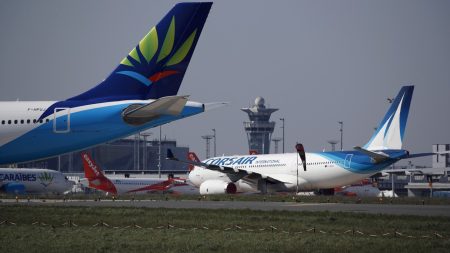Stellantis CEO Carlos Tavares admitted to reporters that the company has faced challenges in the U.S., particularly in sales. This came after a management restructuring that saw key executives being replaced. Tavares emphasized that the responsibility for both the good and bad things that happen at the company falls on him, and he plans to retire when his contract expires in 2026. Despite the struggles, Tavares also highlighted the successful merger of Peugeot and Opel over the past decade.
The company, formed from the merger of PSA Peugeot and Fiat Chrysler, has faced difficulties in both Europe and the U.S. This includes dealing with cuts in EV subsidies in Europe and increased competition from Chinese automakers. Sales in the U.S. have also been on the decline, with discounts failing to counter high sticker prices. Third-quarter sales fell by 20%, and the company’s dealer inventory remains high. Despite efforts to reduce inventory, dealers are still facing challenges in selling models.
Stellantis is looking to revamp its product lineup and focus on building gas-powered and hybrid vehicles that are in demand. The company has been criticized for lacking affordable models that cater to the needs of buyers in the current market. With sales of its vehicles taking longer than the industry average, Stellantis is facing pressure to introduce new and updated models. The company has plans for a small electric Jeep at a more affordable price point, in response to market demands.
Labor issues have also plagued Stellantis, with unions in Italy and the U.S. threatening strikes over production cuts and commitments. The global chip shortage, which impacted production, has shifted consumer preferences towards more affordable transportation options. This has put pressure on Stellantis to adapt its product offerings to meet changing market demand. Moving forward, the company will need to address these challenges and work towards improving profitability and customer satisfaction.
The company’s struggle to address its product lineup and adapt to changing market dynamics has resulted in decreased profits and lowered financial forecasts. Stellantis is facing the need for a strategic shift in its approach to product development and sales strategies to remain competitive in the industry. As the auto industry continues to evolve, Stellantis will need to make significant changes to overcome its current challenges and achieve sustainable growth in the future. The company’s future success will depend on its ability to innovate, adapt, and meet the evolving needs of consumers.















